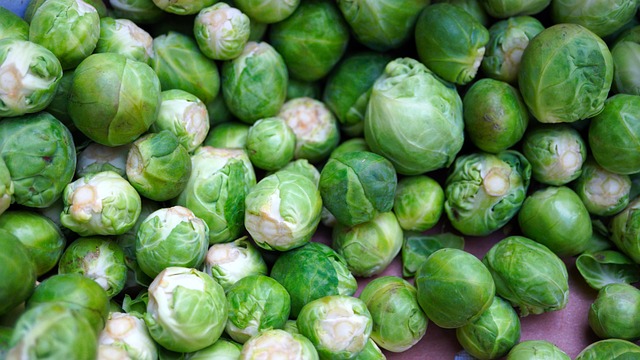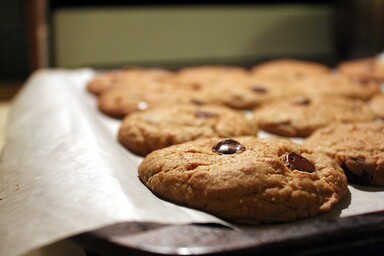Happy Day After Thanksgiving!
Are you experiencing food hangover symptoms? Do you somehow find yourself overdoing it on the mashed potatoes and stuffing?
One of the biggest challenges I deal with as a nutritionist and fat loss expert is the issue of fat storage from eating carbohydrates. There is a wide held belief that eating carbs is the WORST thing for fat loss, and for most people these days, that’s 100% true.
It’s not the whole grains fault. It’s our faults. For years and years now we have consumed a diet of processed carbs and high sugar foods. These horrible choices result in our bodies becoming VERY INSENSITIVE to one of the most vital hormones in our body.
Depending on what it’s used for, the hormone INSULIN can either be a huge asset or the devil when it comes to achieving body transformation and fat loss, spoiling all of your efforts and making your will power seem non-existent.
INSULIN’S job is to help keep your blood sugar levels stable by clearing the glucose from your blood stream (after you’ve eaten a carb) and deliver it to your brain, liver and working muscles to be used for energy.
However, this process is usually the exact opposite of what occurs when most people eat carbs these days.
Getting back to insulin sensitivity and carbohydrate tolerance, which is due to a diet full of processed and blood sugar spiking carbs, most of our clients, especially, menopausal women are unable to lose significant amounts of fat until we resolve this troublesome hormonal problem.
The result of insulin resistance is the reduced ability to burn fat while increasing fat storage but most importantly this condition may lead to Type II Diabetes.
How do you know if you are insulin insensitive or have poor carbohydrate tolerance?
If you answer YES to some or all of the following questions then you need to improve your body’s ability to metabolize carbohydrates.
- Do you crave carbohydrates?
- After you eat a meal that includes carbs are you tired, fatigued or have low energy?
- Do you feel shaky, light headed, nauseous, anxious, irritable when you go longer then 3-4 hours without eating or generally in between meals?
- Are you always hungry and never feel satisfied after eating?
So how can you increase insulin sensitivity?
One way is to go completely low-carb for an extended period of time. This method helps to repair your insulin receptors to recognize insulin again. This option isn’t realistic or fun for most people and can often lead to binge eating.
Our way of helping clients improve their carbohydrate tolerance is to have them remove the high starchy and higher sugar carbs (fruit, dairy and grains) and replace them with proper portion sized very low glycemic load carbs at specific times of the day.
Some examples of low glycemic load carbs can include:
- Blackberries and raspberries
- ½ cup cooked of steel cut oats (not instant or slow cooking)
- ¼ cup of buckwheat (gluten free too)
- ½ cup of sweet potato with skin
- Greek yoghurt (plain)
If you answered YES to any of the questions above and you’ve been trying to lose weight unsuccessfully then its time to get serious and ask me for help. If you ate too much and need a jump-start I’m happy to help. Give me a call at 778-836-3831 to request your complimentary nutrition analysis to get started repairing your hormones and accelerate your fat loss today.
In good health,
Cheryl Wahl, RHN



